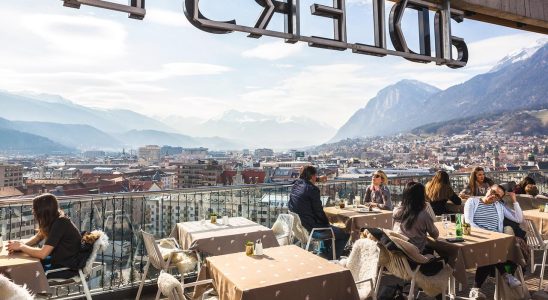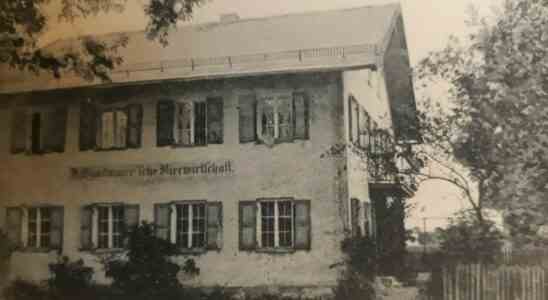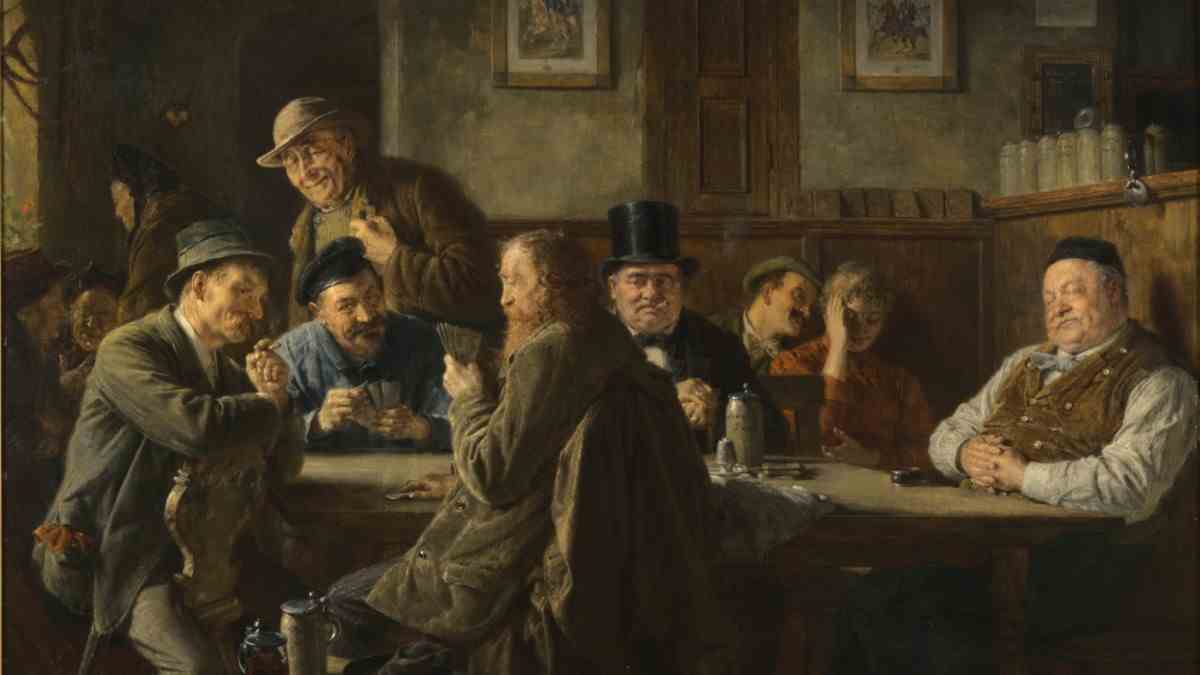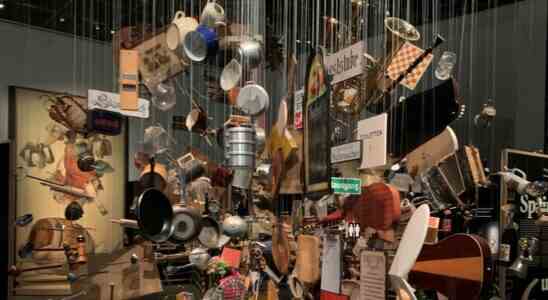Tag: inns
VAT: The wave of bankruptcies among Austria’s inns did not materialize
As of: November 19, 2023 12:15 p.m The catering industry in Germany warns: If VAT increases again, there is a risk of a wave of bankruptcies. Austria has long since…
Taufkirchen – Out of seven inns, only one remains – the district of Munich
The Jagdhof was certainly the most dazzling of the once so numerous inns in Taufkirchen. Built in 1935 by a butcher from Giesing in the Deisenhofen forest, the forest inn…
Bavaria: The dying of the inns – Bavaria
The inn is a biotope of Bavarian folk culture, but it is drying up. Appreciation of an institution that offered entertainers and revolutionaries a stage – and is not yet…
Bavaria: The dying of the inns – Bavaria
The inn is a biotope of Bavarian folk culture, but it is drying up. Appreciation of an institution that offered entertainers and revolutionaries a stage – and is not yet…
New Bavaria exhibition: splendor and misery of the inns – Bavaria
Immediately after entering the new exhibition “Tavern death? Tavern life!” In the House of Bavarian History in Regensburg, two sensations catch your eye. And they directly express the inner turmoil…




